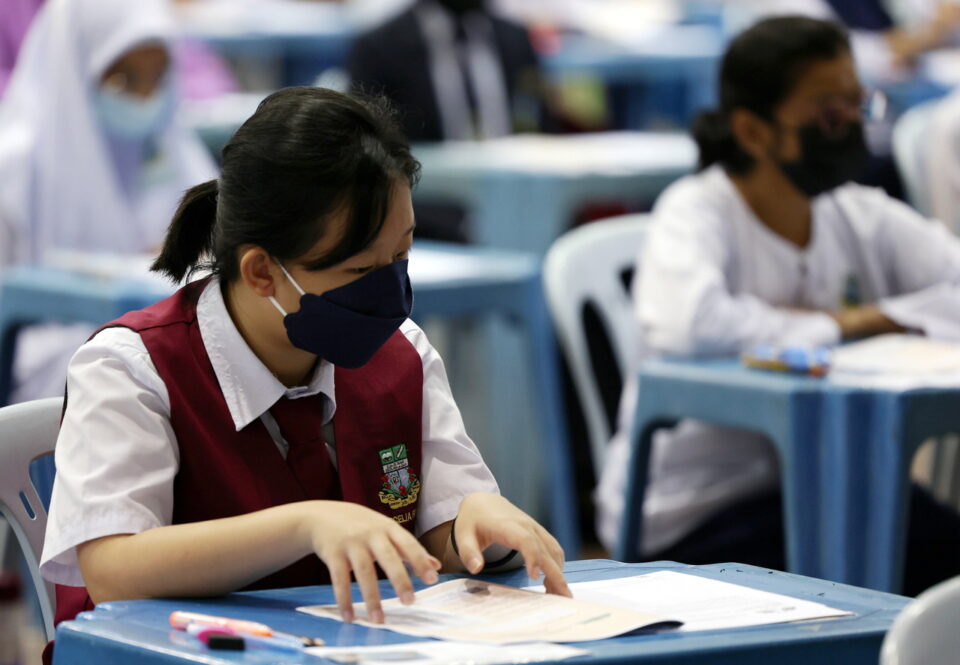MELAKA, July 20 — The shift of some 300,000 Sijil Pelajaran Malaysia (SPM) graduates in not pursuing higher education is expected to have a detrimental impact on the country’s human resources, particularly in the effort to achieve a 35 per cent new highly skilled workforce in the economic sector by 2030.
Deputy Minister of Human Resources Mustapha Sakmud said most SPM certificate-holders are more interested in working in the gig economy sector like e-hailing, or choosing to work in the manufacturing sector.
“This trend is very worrying and it is expected to have an impact on the country’s human resources in the future. Right now, we only managed to reach a target of around 28 per cent of the highly skilled workforce in the country.
“We are worried that we will not be able to become a developed country with sufficient highly skilled manpower in the near future,” he said after the 2023 Southern Zone Industrial Harmony Symposium, earlier today.
Earlier, the media reported Deputy Finance Minister Datuk Seri Ahmad Maslan as saying that around 300,000 SPM graduates do not continue their studies every year and are likely to choose to work in the factory or e-hailing sector.
Commenting further, Mustapha said SPM (fifth form) graduates are encouraged to work while studying, especially in short-term courses to ensure they obtain at least a skills certificate in Technical and Vocational Education and Training (TVET) that can be used for a brighter future.
The government through the Ministry of Human Resources and the Department of Manpower is also actively promoting TVET among students to attract their interest in continuing their studies in the technical field.
It is also studying the progressive wages used in most countries including Singapore to increase worker productivity and to curb the country’s workforce from migrating abroad to work.
In other developments, he said as many as 2,182 cases or 67 per cent of the total 3,260 cases were reinstated under section 20 of the Industrial Relations Act 1967 (Act 177) involving termination of service which were successfully resolved at the department’s level this year.
“Of the total number of cases resolved, 57 per cent or 1,249 cases were successfully resolved through peaceful negotiations with monetary compensation or ex gratia amounting to RM24.9 million, while in the three-year period from 2021 to 2023, the department resolved cases through compensation or ex gratia amounting to RM90.4 million to 3,689 employees.
“In the same period, for the southern zone, compensation or ex gratia of RM13.5 million was paid to 1,505 workers,” Mustapha said.
— Bernama





